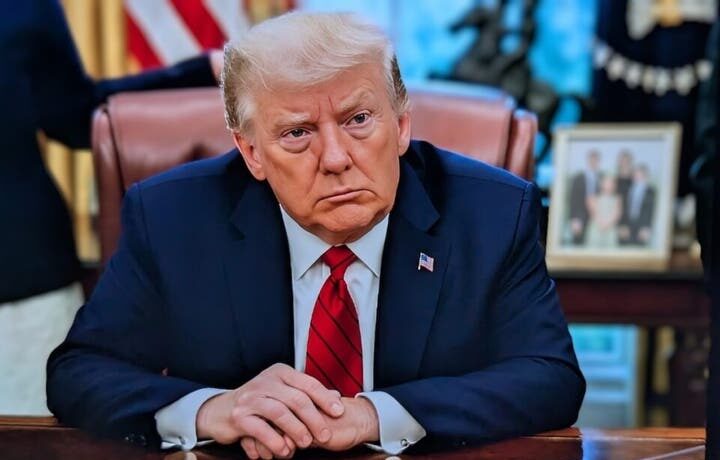Benzinga and Yahoo Finance LLC may earn commission or revenue on some items through the links below.
South Korean President Lee Jae Myung said that President Donald Trump’s demands for a $350 billion investment in the U.S. could trigger a 1997-style Asian financial meltdown, without the necessary safeguards.
“Without a currency swap, if we were to withdraw $350 billion in the manner that the U.S. is demanding and to invest this all in cash in the U.S., South Korea would face a situation as it had in the 1997 financial crisis,” Lee told Reuters in an interview.
Trending: The same firms that backed Uber, Venmo and eBay are investing in this pre-IPO company disrupting a $1.8T market — and you can too at just $2.90/share.
This comes after a verbal agreement between Seoul and Washington in July, based on which the U.S. would lower tariffs imposed by Trump on South Korean goods, in return for a $350 billion investment.
The agreement is yet to be put on paper, due to disagreements regarding how the investments would be managed. According to Lee, the East Asian giant is now seeking “commercial reasonableness” for its investments, but adds that it remains the “biggest obstacle.”
Lee adds that as of now, the proposals that are on the table “provide no assurance of commercial viability,” resulting in the agreement being held up.
Commerce Secretary Howard Lutnick said recently that South Korea should follow Japan’s trade deal with the United States, adding that Seoul should either accept the deal or pay the tariffs.
See Also: If there was a new fund backed by Jeff Bezos offering a 7-9% target yield with monthly dividends would you invest in it?
Lee countered this, saying that South Korea is not in the same position as Tokyo, which has more than double Seoul’s $410 billion foreign exchange reserves, an international currency in the yen, and a U.S. swap line. “I believe that between blood allies, we will be able to maintain the minimum amount of rationality,” he said.
Trade talks were further strained by the recent Immigration and Customs Enforcement raids on Hyundai Motor Co.’s (OCT: HYMTF) battery manufacturing facility in Georgia. Lee said that South Korean’s were naturally angered by the “harsh” treatment of workers, but added “I do not believe this was intentional, and the U.S. has apologised for this incident.”
According to U.S. Attorney Margaret Heap, the raid was aimed at reducing “illegal employment” and to “prevent employers from gaining an unfair advantage by hiring unauthorized workers.”





